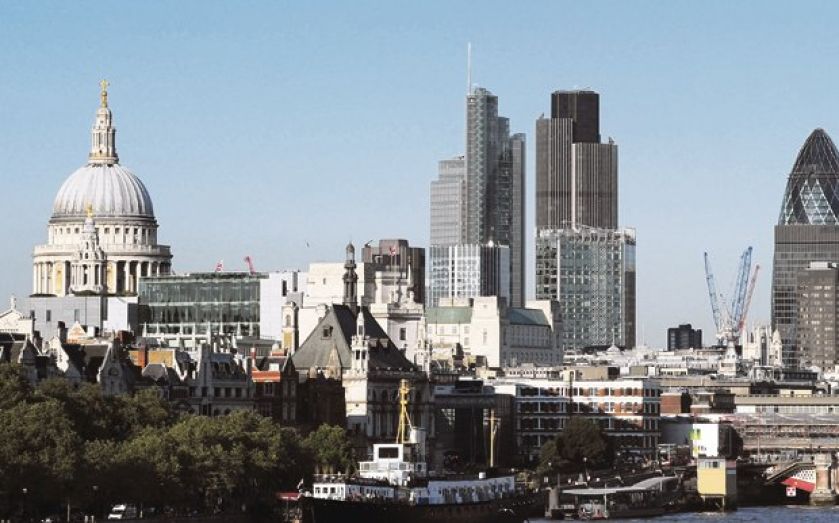City Matters: Tighter immigration controls risk London’s position as a global business hub

IMMIGRATION is a sensitive subject at the best of times. So when figures published last week showed that net migration had climbed to 212,000 in the year to September 2013 – well above the government’s target of reducing it to below 100,000 by 2015 – it was inevitable that critics would attack the current system and call for tighter border controls.
In an internationally-connected business hub like London, such a reaction – echoing Switzerland’s new EU immigration quotas – would be completely counterproductive. The vast majority of people migrate to London not to drain its resources, but to further their careers and support their families. They pay their taxes and contribute to the wider economy.
London has a proud tradition of welcoming these talented and hard-working individuals. This is one of the attributes that helps keep the capital at the top of the table as a global centre for business.
In order for London to remain at the cutting edge of business and the forefront of cultural activity, it must continue to attract and retain the brightest and the best from around the world. This is a key reason why major international businesses choose to locate in London.
Talent is a global resource and London, just like any other city, must tap into this to remain competitive. The skills and experience that come from an international workforce not only have a positive impact on the business environment in London, but also benefit the broader economy across the UK. Indeed, many of our hospitals and schools are also now increasingly reliant on overseas expertise in order to meet the high demands expected of them.
It is not just the expertise of European migrants that we can benefit from, however. We must continue to welcome Indian engineers, Chinese manufacturers, Ugandan IT specialists and Chilean architects, who all wish to come to London to contribute their skills to our knowledge economy. More broadly, it is vital that London remains plugged into these high growth markets if we are to keep pace with our rivals.
The government has worked hard to encourage firms to locate in London, with strong overtures to Indian and Chinese companies recently. But we must match our “open for business” rhetoric with reality – and if the perception of Britain is of a country that wishes to close itself off, we may find immigration falling of its own accord. We could subsequently discover that we have missed the chance to produce the next tech disrupter, pharmaceutical breakthrough or world-renowned architect.
London’s openness and its diversity are two of its greatest strengths; we must ensure that the UK has an immigration and visa policy which properly reflects this.
Mark Boleat is policy chairman at the City of London Corporation.